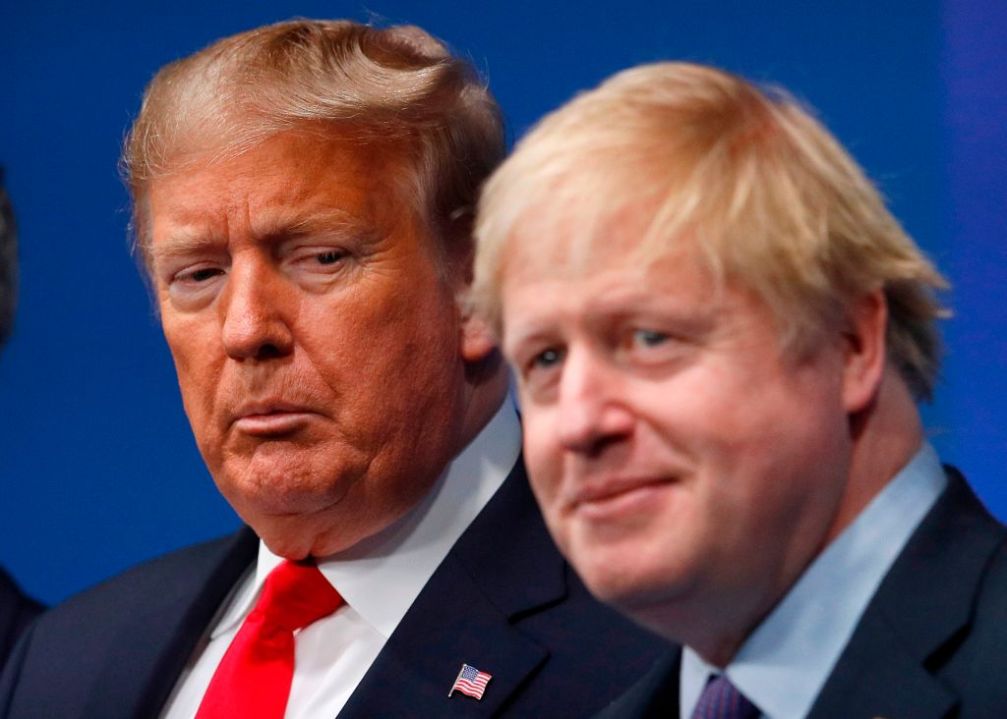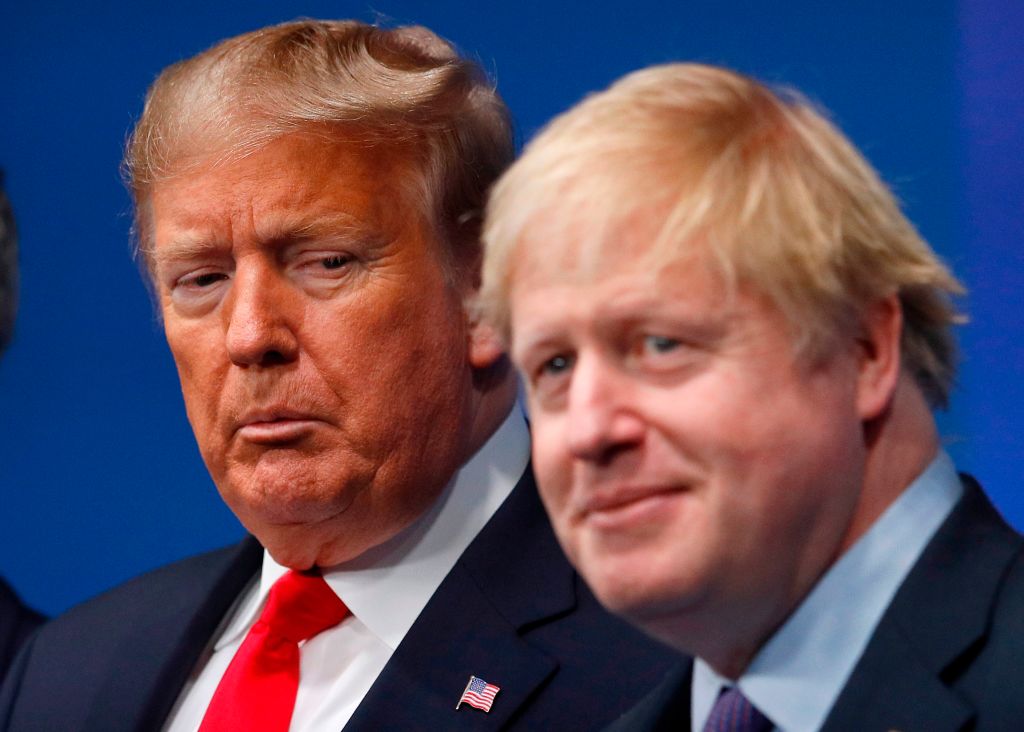Donald Trump has reason to feel good about the British election. The success of the Brexit referendum in June 2016 was the harbinger of Trump’s own sensational victory against Hillary Clinton five months later. Will history now repeat itself, with Boris Johnson’s triumph heralding Trump’s re-election?
What connected Brexit to the Trump-Clinton race was the stagnation of conventional left-right politics on both sides of the Atlantic.
In each country, a critical mass of voters on the right were sick of leaders who embraced a neoliberal version of conservatism — soft on immigration, accommodating toward liberal cultural values, and more concerned with maximising returns to globalisation than with strengthening the bargaining power of citizens. Less-educated, working-class voters who had long looked to the left for champions were similarly frustrated with the Democratic party and Labour’s priorities. Brexit broke the impasse in Britain, and Trump did so in America. Each showed how a new configuration of politics could work.
Johnson’s historic success, nearly on par with Margaret Thatcher’s high-tide victory in 1983, has confirmed that the new right-wing populist coalition works.

Britain’s best politics newsletters
You get two free articles each week when you sign up to The Spectator’s emails.
Already a subscriber? Log in








Comments
Join the debate, free for a month
Be part of the conversation with other Spectator readers by getting your first month free.
UNLOCK ACCESS Try a month freeAlready a subscriber? Log in